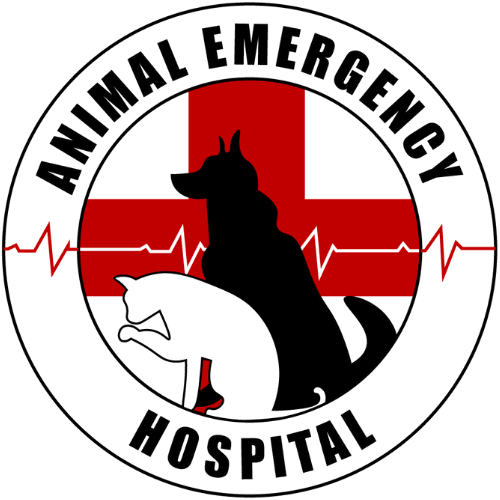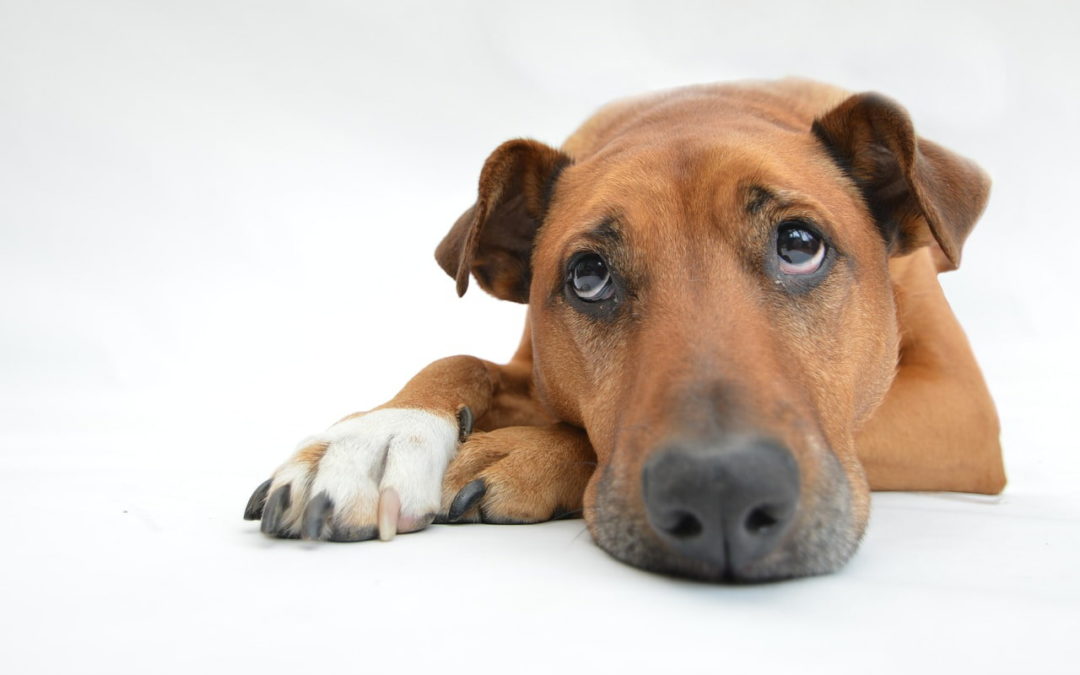New Year’s Eve is one of the party nights we most look forward to in the year, but it can also be a night of high anxiety for our pets. To help your pet get through the noisy night, consider these tips.
1. Confining Your Pet
Many pets have a favorite hiding place where they go when they are frightened. For some, a crate can lend a feeling of safety and security, but this is not true for all pets. If your cat or dog has not grown up using a crate and is not comfortable with it, he may find it more stressful to be confined and may even injure his teeth or nails trying to get through the crate door. Know your pet. If you cannot use a crate, place him in a room where he cannot hurt himself or damage your belongings.
2. Using Positive Noise to Distract Your Pet
Even if you have not been using noise conditioning before now, you can still try using a distracting noise to help cover up the alarming sounds. Calm classical music can help to relieve many animals’ anxiety. Turn the music up to a comfortable volume, enough to drown out some of the loud party sounds, but not too loud to be disturbing to your pet. Some pets also like to watch TV. If your cat or dog has a favorite show to watch, record it so you can play it for several hours at a time.
At other times, get your pet used to hearing loud noises by playing louder types of classical music, with lots of brass and percussion, recordings of thunderstorms, and movie soundtracks – Star Wars is a favorite for this exercise. Play the sounds when nothing else is going on. Give your pet treats when he stays calm during the noise and speak soothingly when he seems a little nervous. Let him know that everything is okay as you go about your normal routine.
3. Natural Calming Therapies for Pets
For dogs, lavender oil, which has been found to reduce car anxiety in dogs, can be helpful. Make sure the oil has the name Lavendula augustifolia or Lavendula officinalis. It can be used either on the skin or by letting your dog smell it. Try spraying the lavender oil on your dog’s favorite blanket. ProQuiet, a chewable tryptophan tablet, or in syrup form, can also help in calming dogs and cats. And canine pheromone sprays can be helpful for the mildly affected (there are several types and brands available).
For cats, many owners find that Feliway sprays are very helpful. Feliway is a synthetic copy of the facial pheromone cats use to mark their territory as safe and secure. It can be used as a plug-in room diffuser, or as a spray.
4. Exercise Your Pet to Calmness
Get your dog outside to a park (or the equivalent) for as much exercise as he can handle.
If you have a cat, plan out your day to spend time with feather wands and laser pointing toys. Keep your cat moving for as long as you can before the evening’s revelry begins.
Hopefully, when the noise starts, your pet will be too tired to get very stressed out by it.
5. Distract Your Pet With Toys and Games
Give your dog or cat some food puzzles to play with during the time when there will be a lot of noise, or get a few new toys for him to play with.
If you have a cat, try spritzing catnip spray on the new toy to keep him interested, and for dogs, stuff a puzzle toy with peanut butter to keep his attention focused.
6. Talk to Your Veterinarian
If your pet’s doctor is already familiar with your issue, you may be able to have your vet call in an anti-anxiety prescription for your pet. This will not be helpful if you have never talked to your vet about your pet’s anxiety before; most veterinarians will not call in a last-minute prescription for a pet they have not previously diagnosed with noise anxiety.
If you have questions about keeping your pet safe this New Year’s Eve, give us a call.


